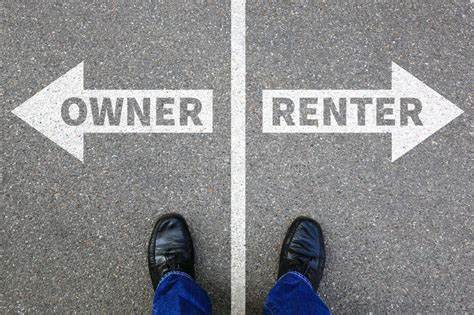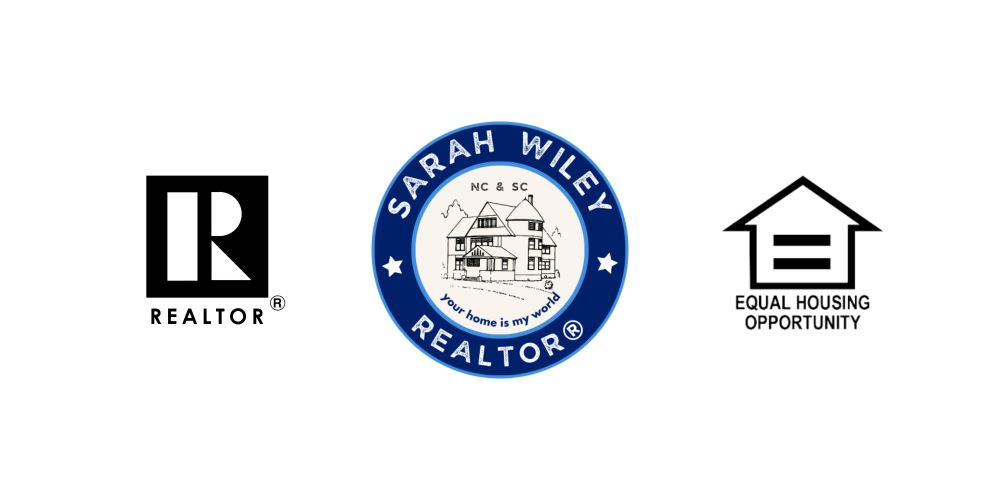
The age-old debate between renting and owning residential real estate continues to captivate the minds of prospective homeowners and tenants alike. Each option comes with its own set of advantages and disadvantages, making the decision a deeply personal one. Let’s explore the key factors to consider when deciding whether to rent or own your residential property.
Financial Considerations
One of the primary factors to weigh when deciding between renting and owning is the financial aspect. Here’s a breakdown of the financial considerations for both options:
Renting:
- Low Initial Costs: Renting generally requires less upfront expenditure compared to buying a property. You won’t need a substantial down payment, closing costs, or property taxes.
- Predictable Monthly Expenses: Renters have a fixed monthly rent payment, making it easier to budget for housing costs.
- No Equity Building: Rent payments do not build equity, which means you won’t benefit from property appreciation.
Owning:
- Equity Building: When you own a property, a portion of your mortgage payment goes toward building equity, which can serve as a valuable asset over time.
- Tax Benefits: Homeowners may be eligible for tax deductions, such as mortgage interest and property tax deductions.
- Long-Term Investment: Real estate has historically appreciated in value, potentially leading to a significant return on investment.
Lifestyle Flexibility
Your lifestyle and future plans play a crucial role in the decision-making process:
Renting:
- Flexibility: Renting provides more flexibility to relocate easily if you expect to move in the near future for work or personal reasons.
- Lower Maintenance Responsibility: Landlords are typically responsible for property maintenance and repairs.
Owning:
- Stability: Homeownership can provide a sense of stability and permanence in a community.
- Property Customization: You have the freedom to personalize and renovate your property to suit your preferences.
- Maintenance Responsibility: Owning a property means taking care of maintenance and repairs, which can be costly and time-consuming.
Market Conditions
The state of the real estate market in your area can influence your decision:
Renting:
- Market Flexibility: Renting allows you to easily adapt to changing market conditions, such as rising rents or declining property values.
- No Exposure to Market Fluctuations: You won’t be directly affected by fluctuations in property values or interest rates.
Owning:
- Investment Potential: In a strong housing market, owning property can be a sound investment, potentially leading to significant gains.
- Market Risks: However, homeowners are exposed to market risks, such as property value depreciation or economic downturns.
Long-Term Goals
Consider your long-term financial and lifestyle goals:
Renting:
- Short-Term Focus: Renting may be preferable if you prioritize short-term flexibility and liquidity.
Owning:
- Long-Term Asset: Owning property is often seen as a long-term investment and can contribute to your overall wealth over time.
- Retirement Planning: Some view homeownership as a form of retirement planning, as a paid-off property can reduce living expenses in retirement.
The choice between renting and owning residential real estate is a complex decision that depends on your financial situation, lifestyle, and long-term goals. There is no one-size-fits-all answer, and what works for one person may not work for another. Ultimately, it’s essential to carefully assess your individual circumstances and priorities before making this significant life choice. Consulting with a financial advisor or real estate professional can also provide valuable insights to help you make an informed decision that aligns with your objectives.

 Facebook
Facebook
 X
X
 Pinterest
Pinterest
 Copy Link
Copy Link
